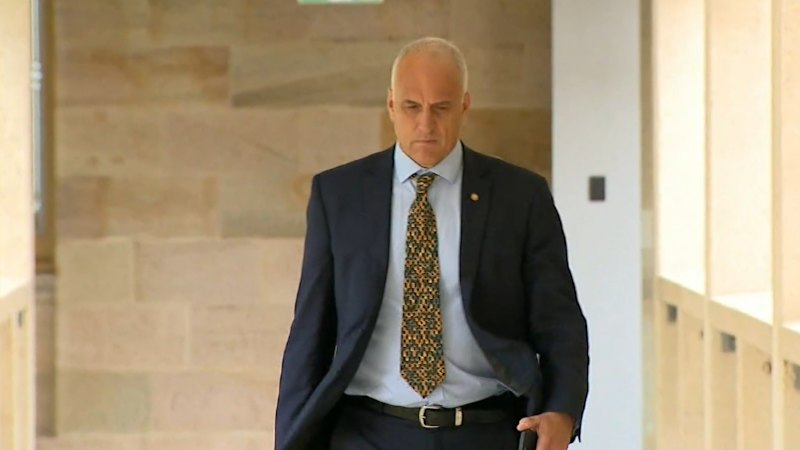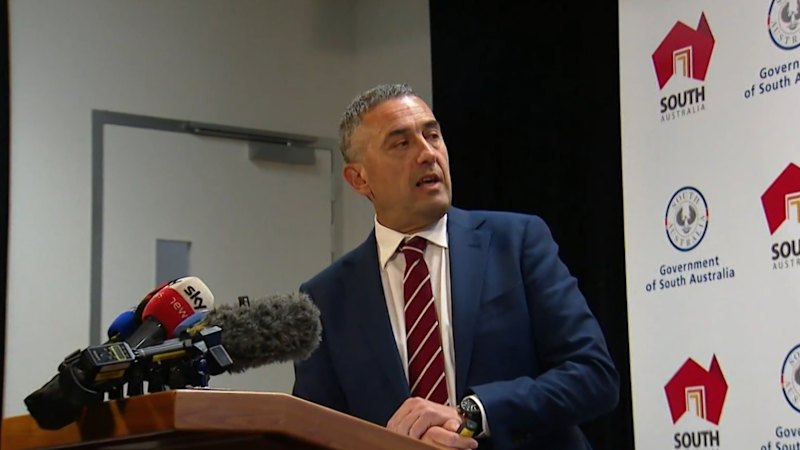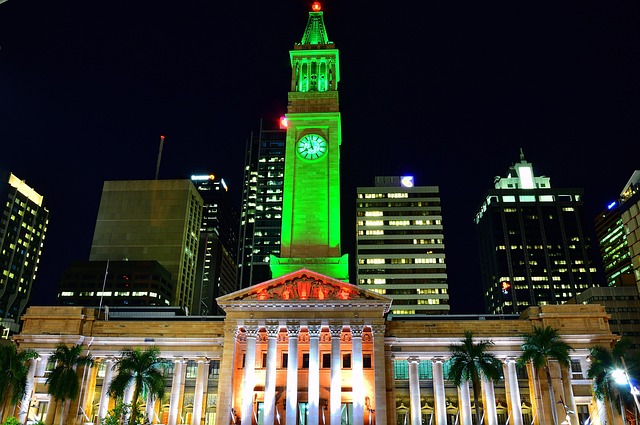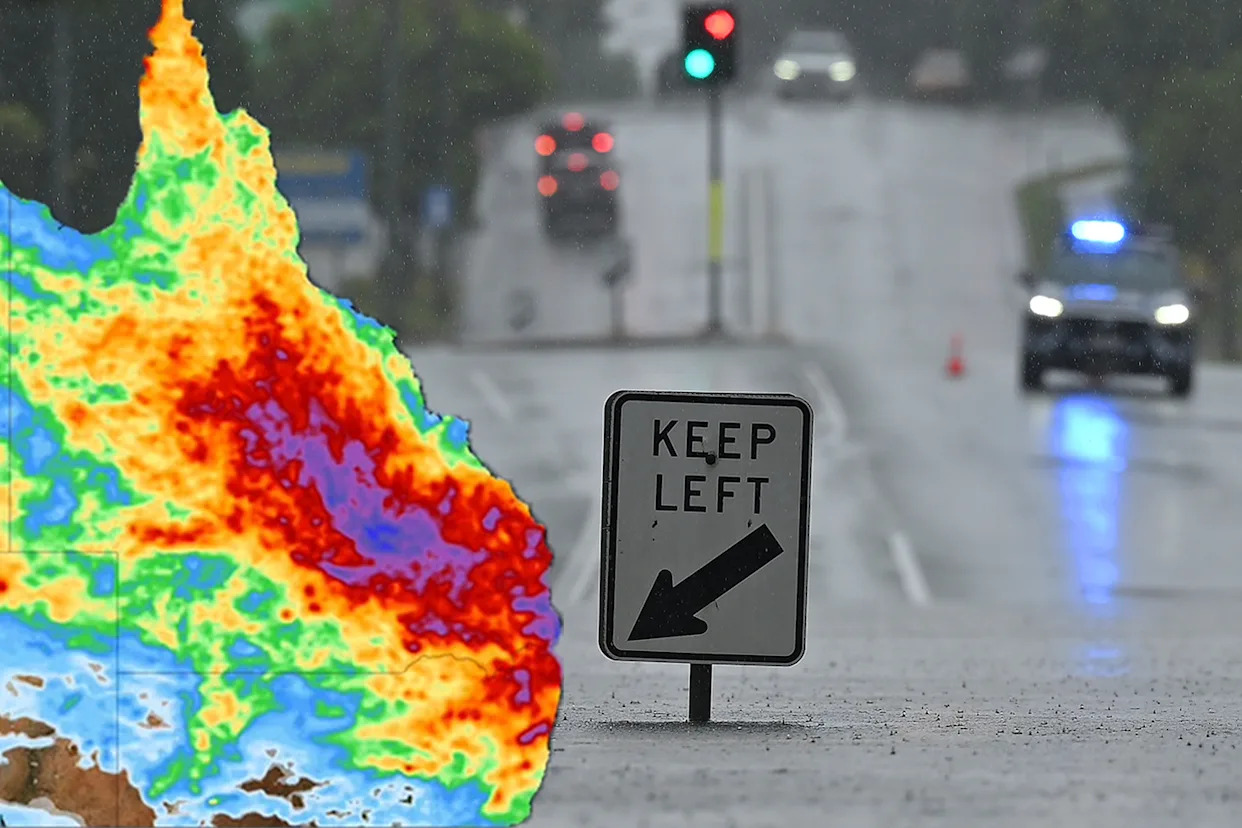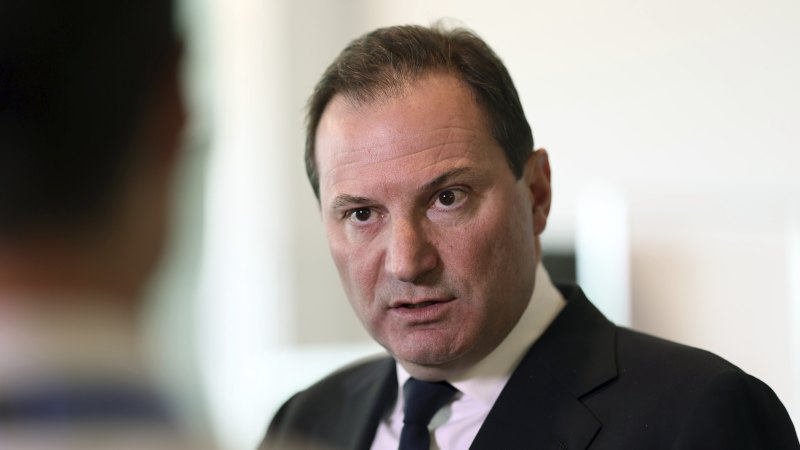
UPDATE: Bygen, a Melbourne-based innovator in activated carbon technology, is making significant strides in Southeast Asia, particularly in Vietnam and Malaysia. The company’s latest initiatives are part of a broader push by Australia to strengthen economic ties with its ASEAN neighbors, as outlined in the September 2023 report titled “Invested: Australia’s Southeast Asia Economic Strategy to 2040.”
This urgent development comes at a time when Southeast Asia is witnessing robust economic growth and increasing demand for sustainable agricultural solutions. Bygen’s advanced carbon production methods not only aim to meet these demands but also align with the region’s ambitious emissions-reduction targets.
The Australian government’s focus on enhancing trade and investment in agriculture is particularly relevant. As the report identifies agriculture and food as key sectors for growth, Bygen stands out with its innovative approach to producing granular and powdered activated carbon from high-carbon biomass materials such as nut shells. This proprietary process significantly lowers energy consumption and carbon emissions compared to traditional methods, making it a game-changer for the industry.
Why It Matters: Bygen’s technology is crucial for addressing the urgent need for cleaner water and air in Southeast Asia. The company is currently testing local agricultural residues, including sugarcane bagasse and coffee hulls, for scalability in producing high-performance activated carbon. This not only supports local economies but also contributes to a circular economy and decarbonization goals in the region.
Cameron Griffiths, Bygen’s Chief Commercial Officer, shared insights into the company’s evolution. Founded as a spin-out from the University of Adelaide, Bygen leverages a patented low-temperature activation process that reduces production costs by up to 60% and cuts water usage by 50%. This sustainable approach not only provides a cleaner product but also sequesters carbon, making Bygen’s activated carbon a viable solution for global environmental challenges.
The company has already established a foothold in Australia, supplying activated carbon for essential applications such as drinking water treatment and PFAS removal. Now, in Southeast Asia, Bygen’s pilot projects are funded by the Net Zero Challenge, showcasing its commitment to local partnerships and sustainable practices.
As Bygen continues to expand its operations, it is also poised to enhance the Australian primary production sector by offering new opportunities for local farmers to add value to agricultural by-products. This collaboration could lead to job creation in remote areas and bolster the Australian economy by transforming university research into commercial success.
Next Steps: Bygen is actively seeking to scale its operations in both Australia and Southeast Asia. The company is finalizing locations for new manufacturing sites in Australia and is expanding its pilot programs in Vietnam and Malaysia, aiming to establish a network of local production and supply partnerships.
In a time of urgent environmental needs and economic opportunities, Bygen’s innovative technology not only addresses sustainability challenges but also positions Australia as a leader in the global agtech landscape. This is a story to watch as Bygen sets its sights on becoming a pivotal player in the sustainable carbon market.
Stay tuned for more updates on Bygen’s progress and its impact on both Australian agriculture and the Southeast Asian market.
